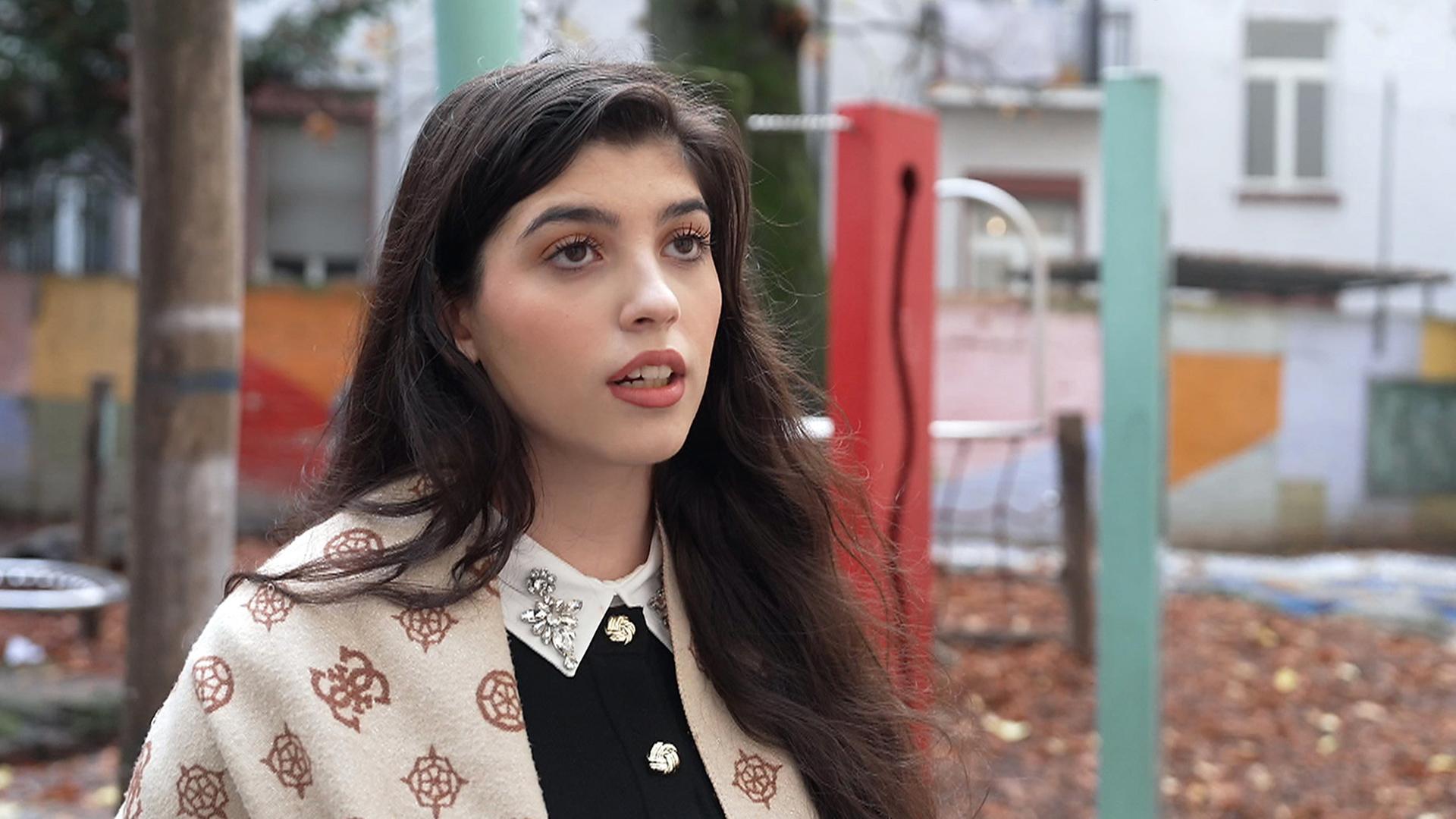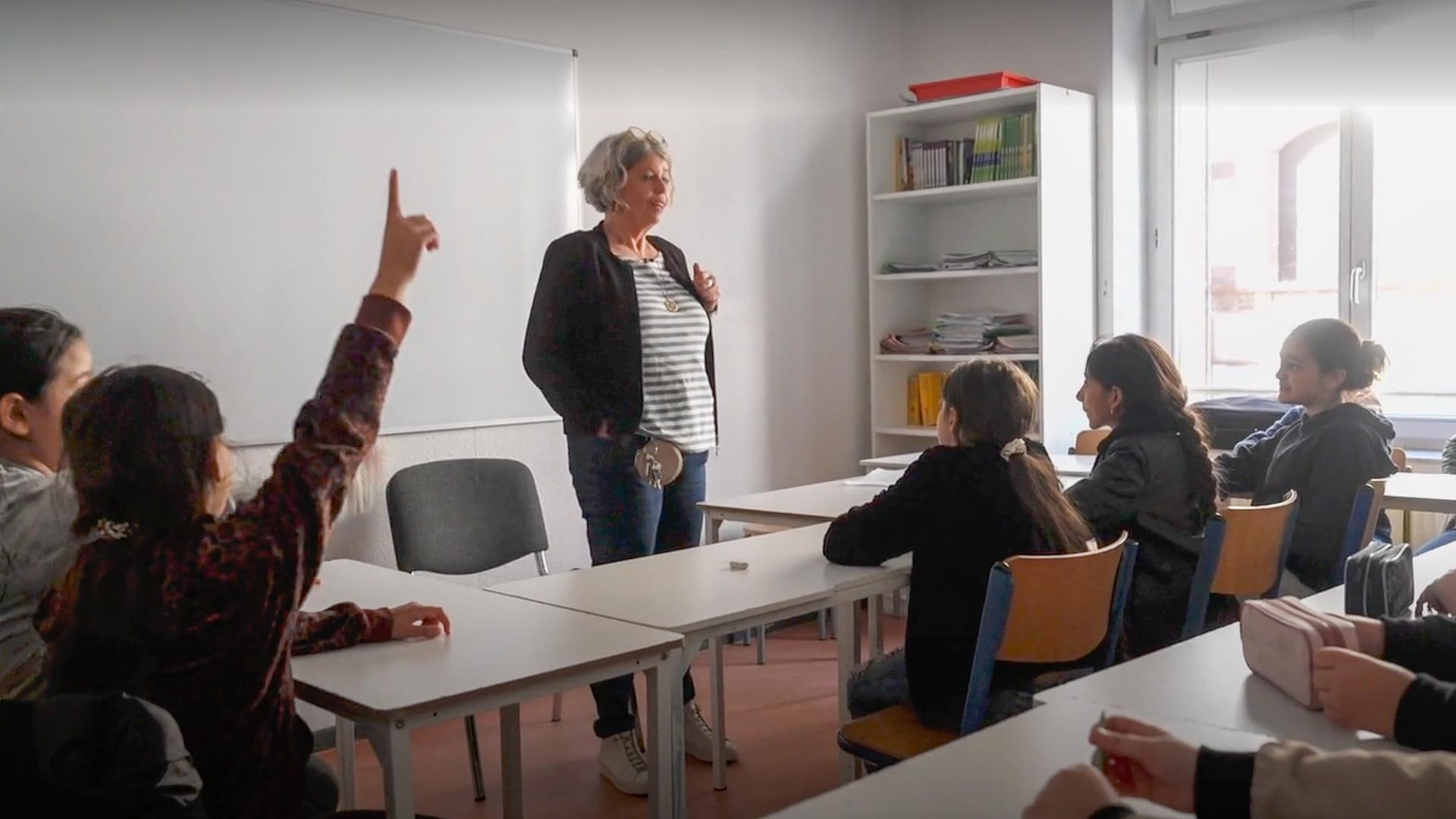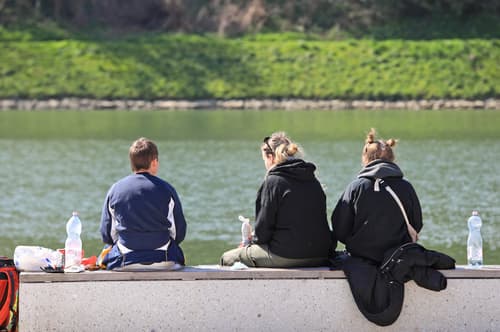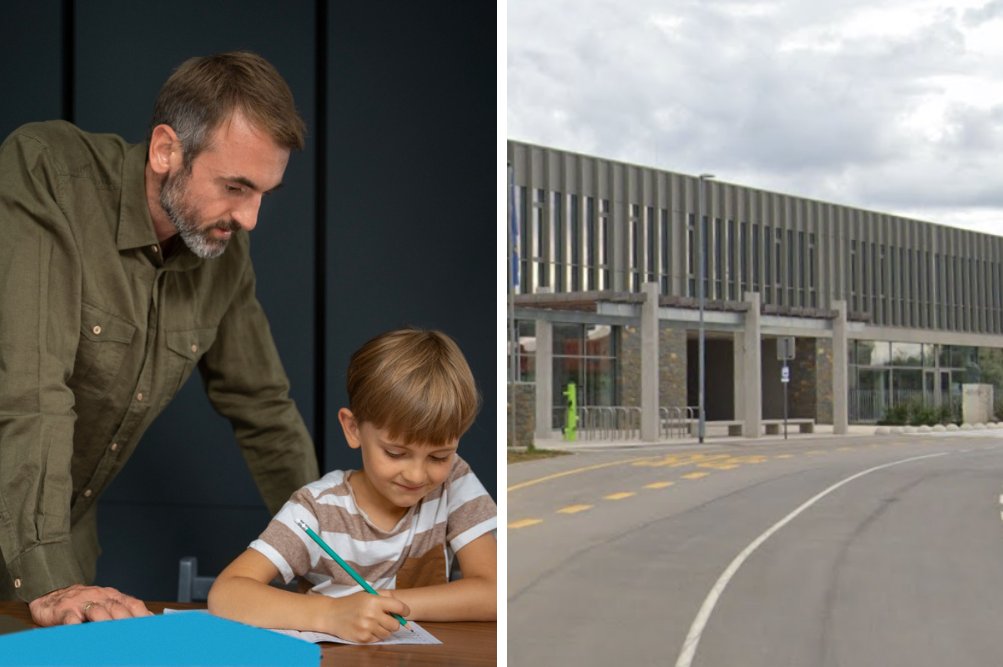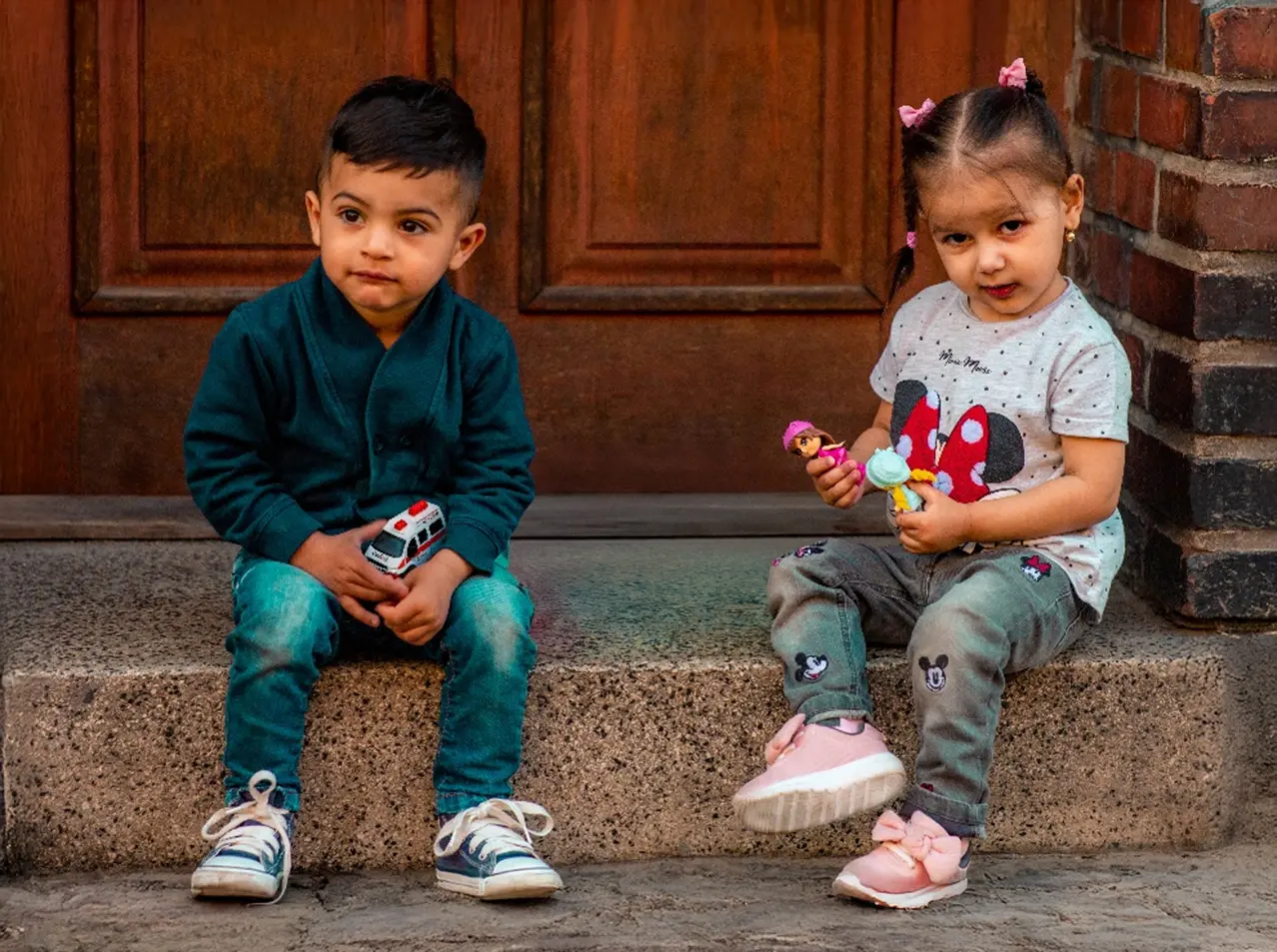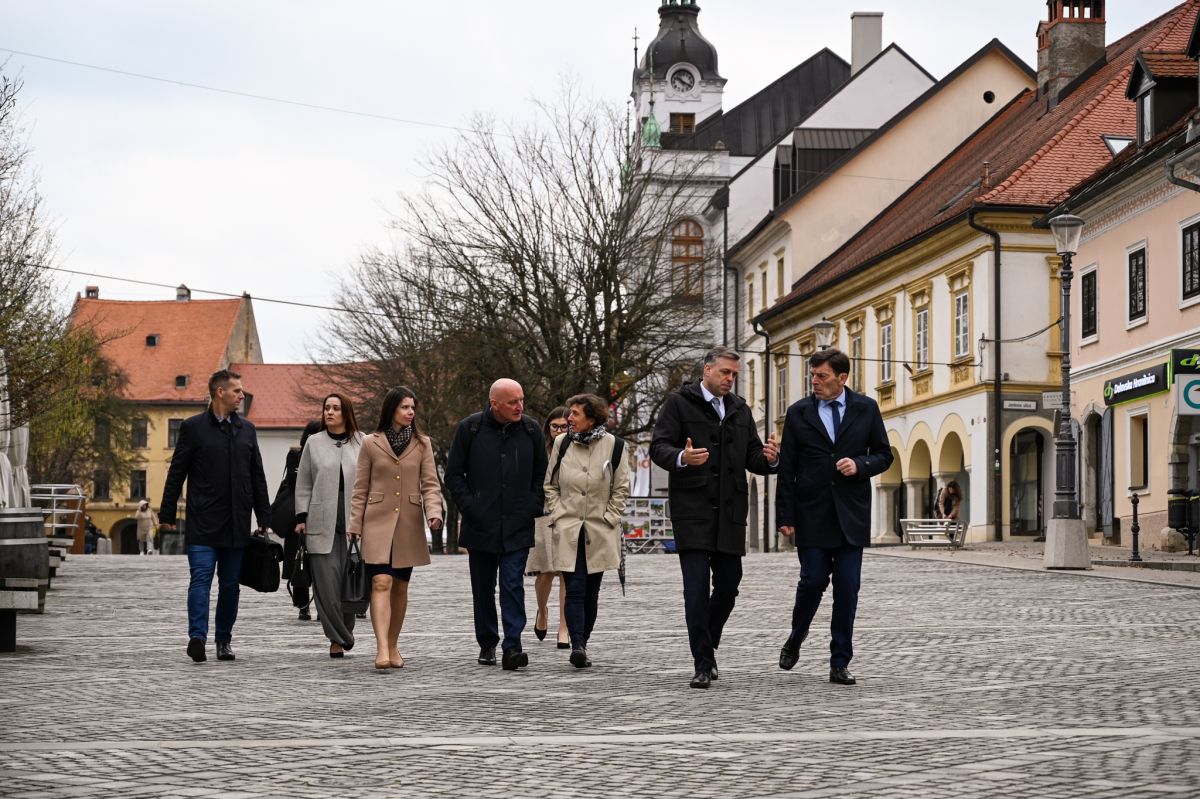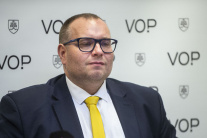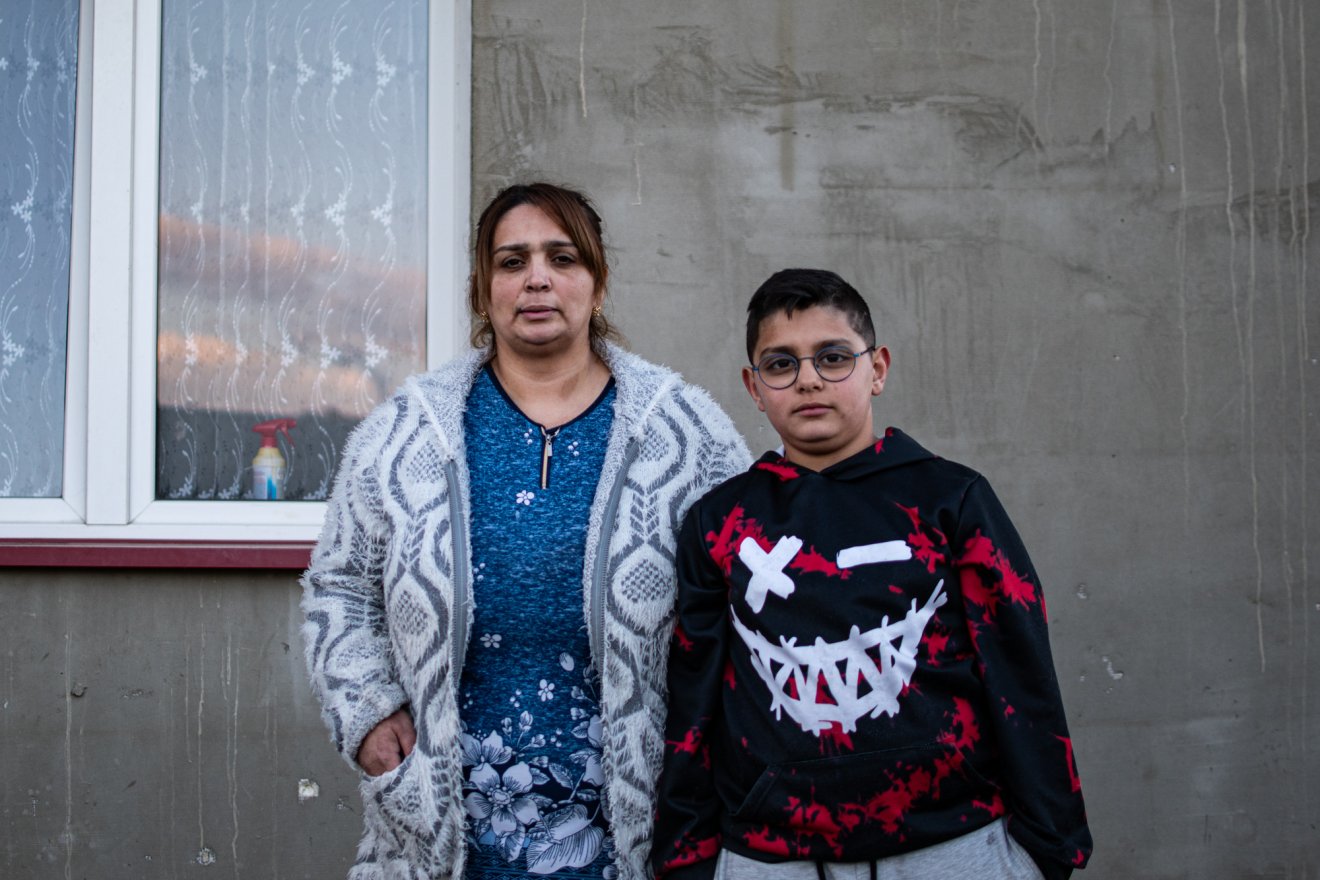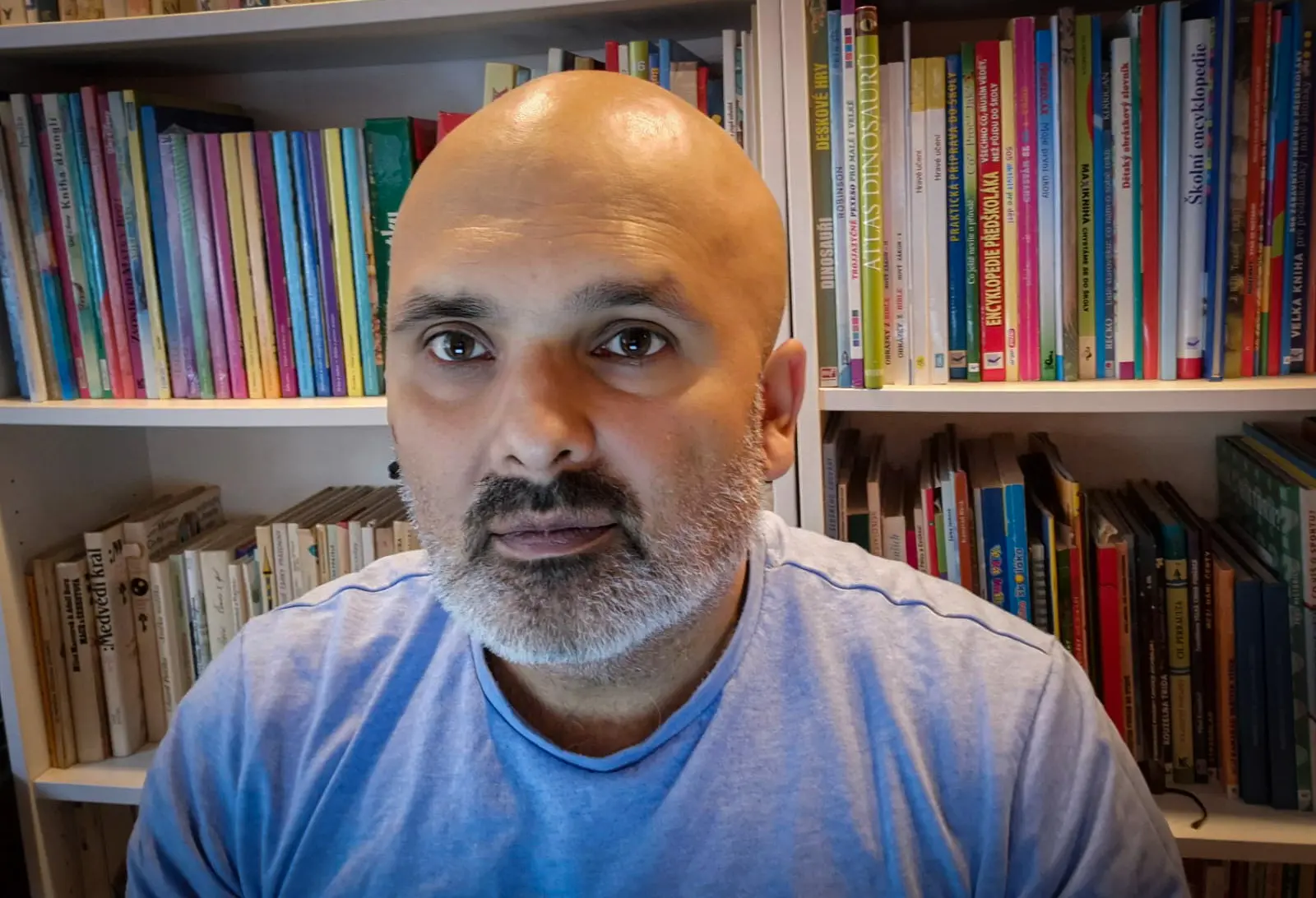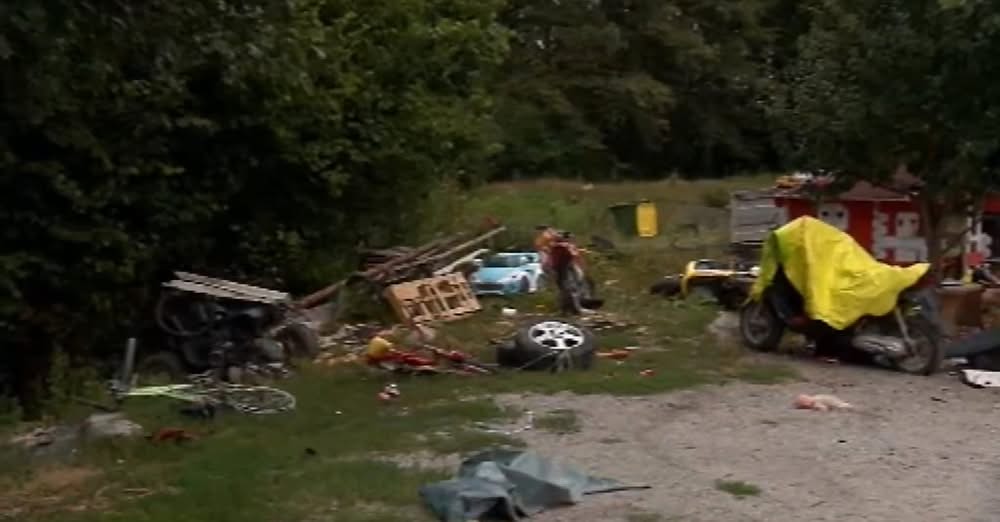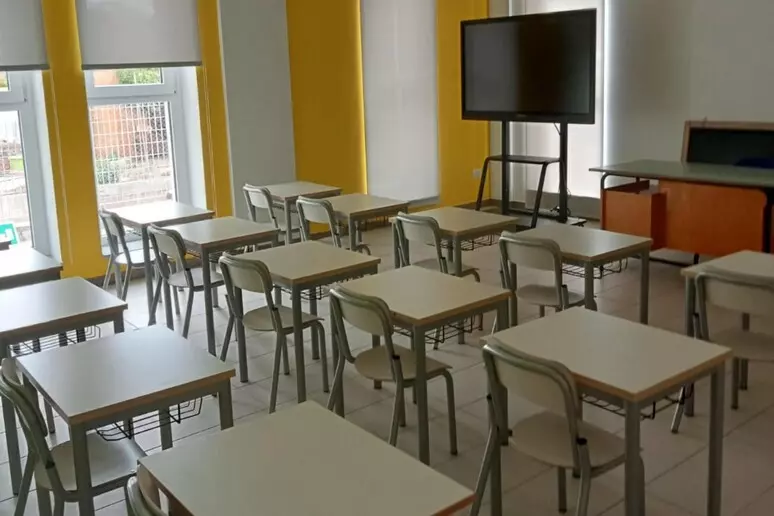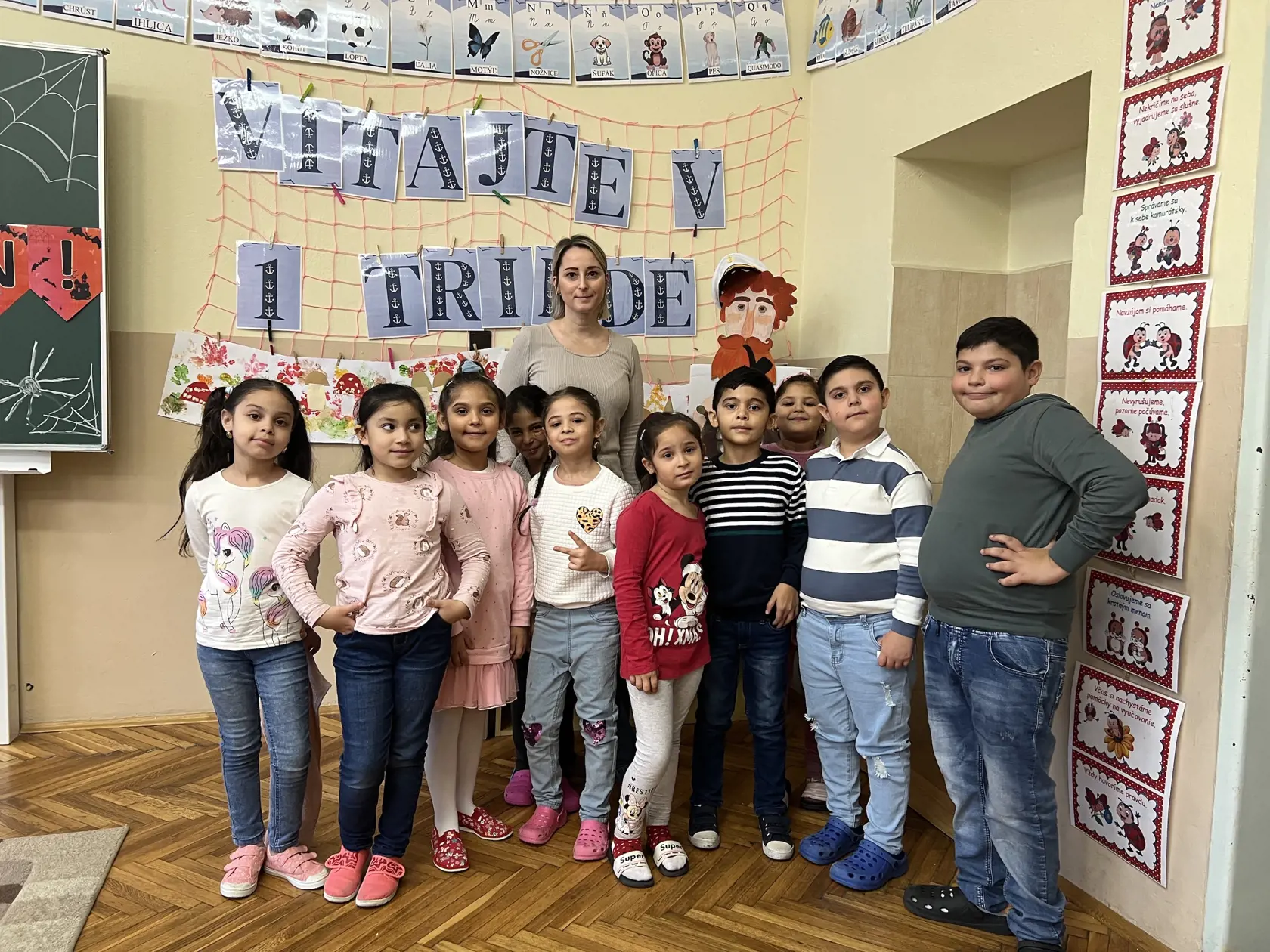Apparently, in the Maribor region of Slovenia, people are moving their children towards schools with less migrant children. The numbers are telling a more differentiated story: 9,400 students this school year, with 1,325 children from abroad. Most come from Bosnia and Herzegovina (488), followed by students from Kosovo (326), Ukraine (196) and Serbia (100). Individual students also come from more distant countries, such as Burundi, Bangladesh, Estonia and Sierra Leone.
What is clearly racist though is the next topic: Roma… “We have a lot of immigrant and Roma students,” explains Damjan Pihler, the principal of the Franceta Prešerna Elementary School. The number of Roma students in Maribor schools is around four percent and has not changed significantly in recent years. “This year, our school is attended by 27 Roma students and 30 children from abroad who are enrolled in a Slovenian school for the first time. We had the same number of immigrant students last year – that is, 60 children in two years whose mother tongue is not Slovenian.”
So basically, Roma from Slovenia are migrants …
